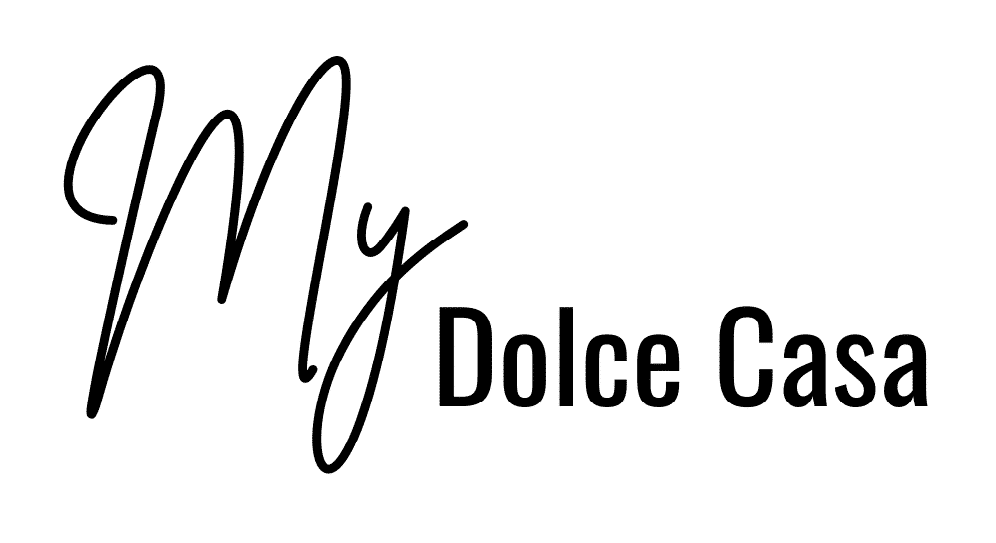If you are planning to move to France, one of your top priorities is likely to be the ease of access to good healthcare. The really good news is that the French healthcare system is regarded as one of the best in the world and it is available to everyone, both French nationals and foreigners living in France alike.
In France, the state medical system covers both public and private clinics and hospitals and ranges from family doctors to the country’s leading specialists. The French government spends a huge amount of money on the country’s healthcare and is the second highest spender in Europe after Germany.
The French medical system is open to all residents, including foreigners who have been living in France for more than three months when they become eligible to apply for their Carte Vitale, the French health card.

The French Healthcare system
Since 2016, the French public healthcare system has been called Protection Universelle Maladie (PUMa for short) and it is an insurance–based system. France offers everyone excellent primary and secondary health as well as comprehensive and regular preventative screening programs with regular check-ups for breast and cervical cancer, prostate cancer, and diabetes 2, among others.
The health system in France is partially funded by social security payments (sécurité sociale) which are taken from all employed individuals at source and equal to 7% of their wage packet. This amount is supplemented by their employer by an additional 13% so that a total of 20% of their salary is given to the French government.
If you are planning to visit a general practitioner doctor, it is important to check that they are conventionée sector 1. This indicates that they are a public-sector doctor. The cost for a medical appointment with a doctor is currently €26.50. Likewise, the current cost of an appointment with a specialist is €26.50. If you need to see a medical specialist such as a gynecologist, you may book an appointment directly with them.
Learn all about retiring in France.
How does the French medical system work?
All medical and dental appointments, tests, and medical prescriptions are partially funded by the French government (ranging between 70-100%) and the remainder is paid by the individual. Those who are not eligible for state health care will have to foot the total bill.
Those who have a Carte Vitale will need to pay for the full cost of their medical treatment/ prescriptions but the proportion that will be paid by the French government will be reimbursed quickly. The money is usually returned within seven days.
Most individuals who have a Carte Vitale also buy a private top-up insurance plan either from a local or global health insurance company. While medical care in government hospitals is covered by the Carte Vitale, things such as hospital food and accommodation are not.
The added private insurance cover will cover these costs plus the costs of healthcare in private hospitals and clinics, including supplementary and complimentary treatments not available under the public healthcare system. Routine dental care is also covered under the scheme, but not specialist dental treatment including orthodontic work.
Who is eligible for French healthcare?
Everyone who has lived in France for more than three months is eligible to apply for their Carte Vitale. This is a distinctive green and yellow card with a photograph and chip that contains all the bearer’s essential medical information.
Once you have a Carte Vitale, it must be produced whenever you attend a doctor’s or dental appointment or have an ordenance (prescription) for medication, so that you can be reimbursed 70-100% of the cost by the French government. Those with long-term medical conditions will be given free healthcare throughout.
Learn all about opening a bank account in France.
How do you apply for a Carte Vitale?
Once you have lived in France for three months, you can apply for your Carte Vitale. This is done in person at your local office of Caisse Primaire d’Assurance Maladie (CPAM). You will be required to provide the following documents:
- Passport
- Proof of place of residence (either owned or rented property)
- Proof of home address such as a utility bill
- Birth and marriage certificates (authorized translations)
- Prior registration with a local general doctor (médicin généraliste) or your local medical center.
Why is private medical insurance in France important?
It is important to take out private health insurance to cover you for the first three months you are living in France until you can apply for your Carte Vitale. You will be asked for proof of this when applying for your French visa.
The only time that this is not necessary is when foreigners moving to France are from another EU country and are holders of the European Health Insurance Card (EHIC) or are retirees arriving from an EU country who have completed a Form S1 social security form in their home country before their arrival in France.

In-patient hospital care in France can be expensive, so having good top-up insurance (Compleméntaire Santé) ensures that all your medical costs will be covered.
There is a spectrum of private health insurance policies available in France and it is important to shop around to find the one that suits you and your family best. French companies include MGEN, Mutualia, Mutuelle Générale, while popular international companies include Credit Agricole, Allianz Care, AXA Global Healthcare and Cigna Global Healthcare. Many of the high street banks are also health insurers, so getting extra private health insurance could not be easier.
Knowing that you will receive good healthcare, should you need it, definitely brings peace of mind. Knowing the emergency telephone number in France is essential too. As in other European countries, dialing 112 will quickly put you in touch with the emergency operators who speak English too.
If you have hearing problems, the important telephone number to remember is 114. If you do need to use the French healthcare system, you can rest assured that you will be well cared for.
Wondering other countries have to offer in terms of medical care? Read about healthcare in Portugal.

